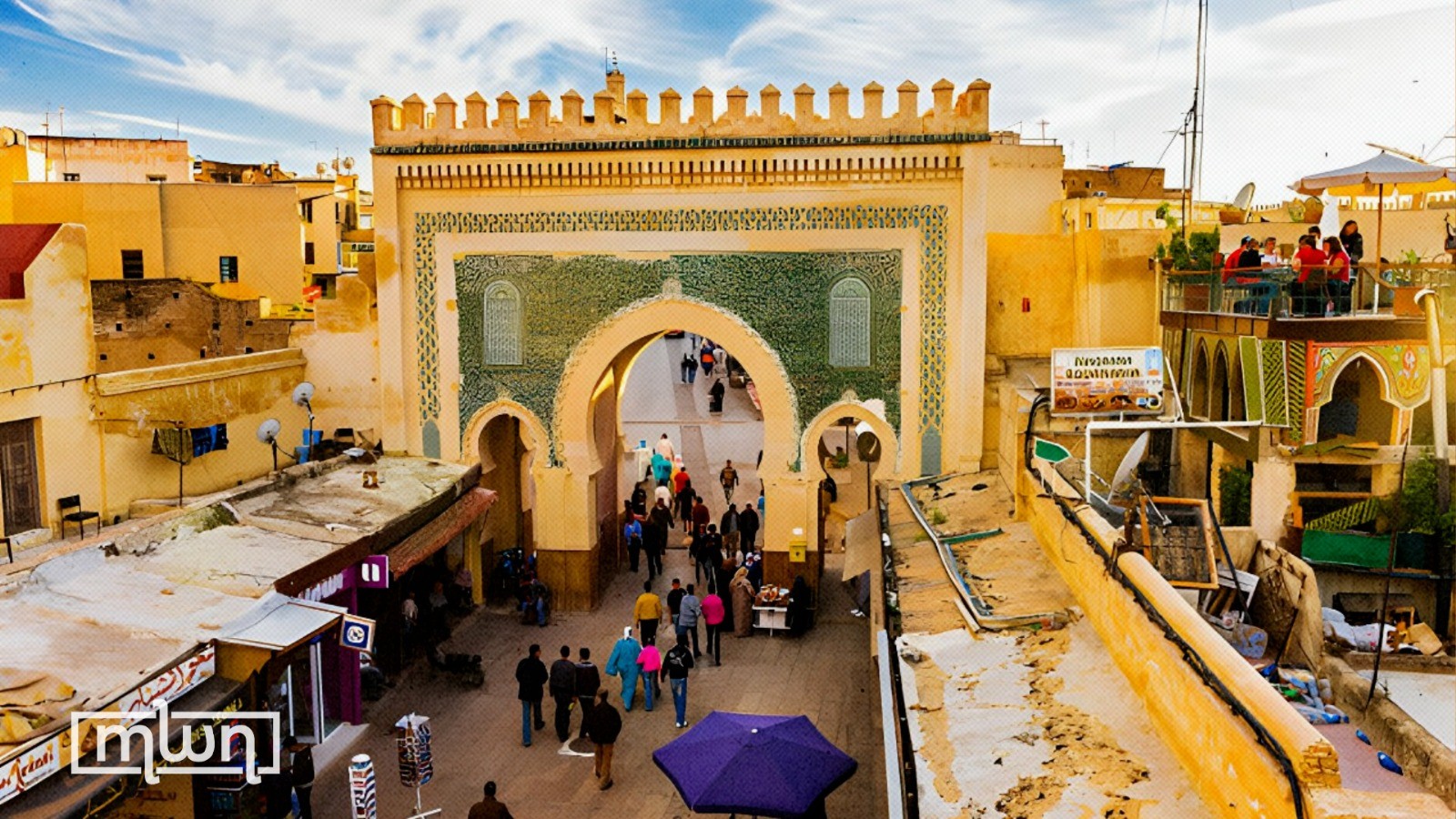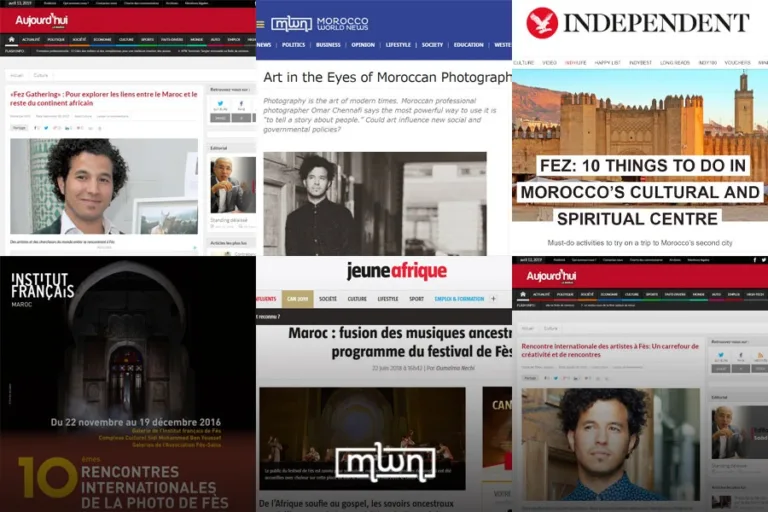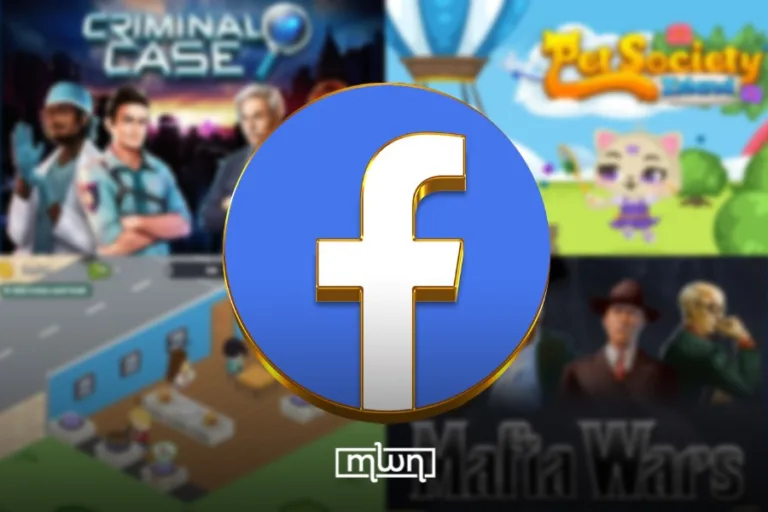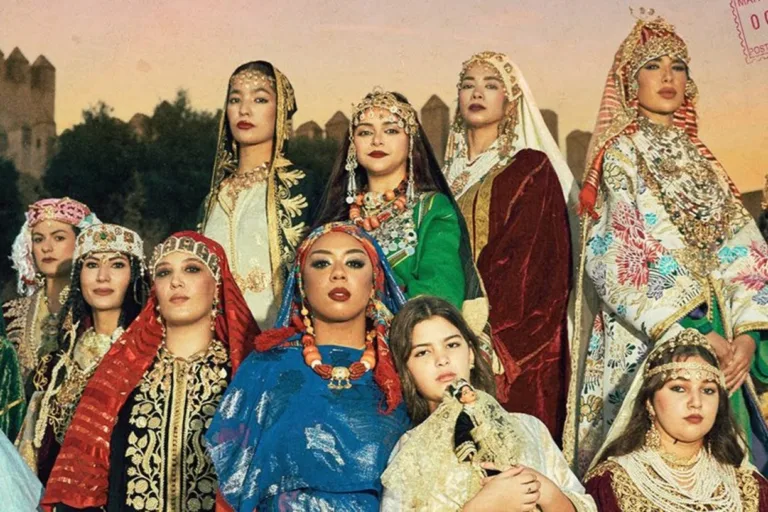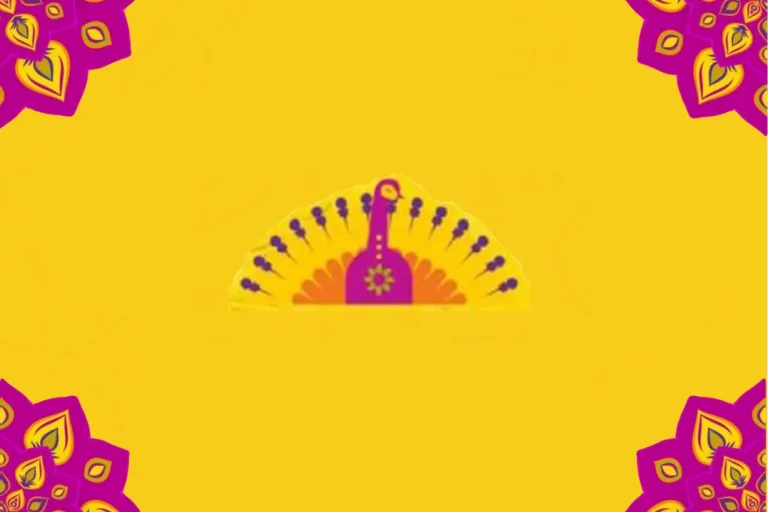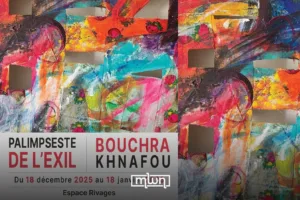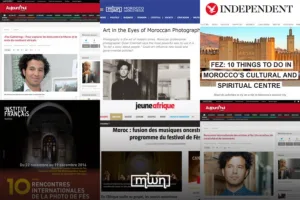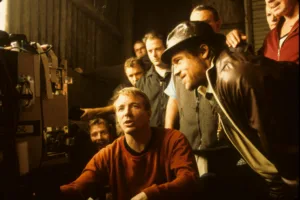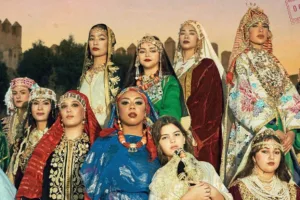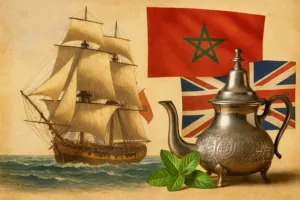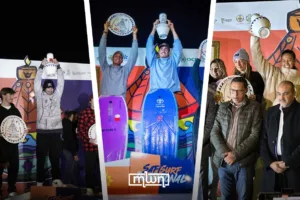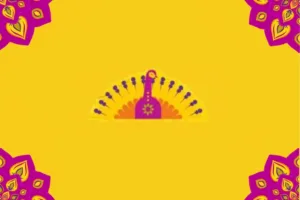Fez – As the holy month of Ramadan approaches, Morocco’s ancient city of Fez prepares for a time of spiritual reflection and communal celebration.
Ramadan is an important month for all Muslims around the world, and Fez is no exception.
Fez during Ramadan is a place like no other. The atmosphere of the city changes entirely and the Fassi people live their days differently.
During the first hours of the day, the city of Fez quiets down as most people wake up later than usual after a long night of spiritual practice.
Most restaurants and cafes close during the fasting hours, with the exception of those targeting tourists, especially in the old medina. Stores and businesses adjust their hours to accommodate those who are fasting.
In the evening, the city comes to life a few minutes after the Maghrib call to prayer, or Adan, which signals the end of the fast.
Iftar, which marks the breaking of the fast, is the day’s most awaited part.
Fassi families and friends, like in the rest of Morocco, gather around the iftar table to break fast together.Similar to the cuisine for iftar across the country, Fassi people usually start with a few dates and a glass of water, milk, or juice, followed by a traditional soup called “Harira”, which is made from chickpeas, lentils, tomatoes, and spices.
The fast-breaking tables overflow with delicacies like the stuffed chewy-bread sandwiches called “Batbouts.”
Dinners can include tagine, couscous, grilled meat skewers, and a variety of other Moroccan dishes. The time for dinner slightly varies depending on each family’s traditions and rituals.
Many families also prepare special desserts, such as “Shabakia”, a sweet fried dough covered in honey and sesame seeds; and ”Sellou”, a nutty and sweet Moroccan treat made from toasted sesame seeds, almonds, and honey.
These sweets invade the markets before and during Ramadan. Often, however, regardless of the difficulty in preparing it and the time it requires, many Fassi families still maintain the tradition of making it at home collectively.
Briouat, Moroccan almond sweets
In the old medina, as well as in the Atlas and Imam Ali, neighborhoods are among the most common areas to find everything a fasting person desires.
Among the Fassi Ramadan sweets, the most common as the “Kaab al-Ghazal” – an almond-based pastry shaped like a crescent, the “Filalia” – a sweet snack made of almonds and melted sugar, and the “Feqqa” – a cookie made of almonds or peanuts.
The communal aspect of iftar is important in Fassi culture, as people tend to share their meals with neighbors, friends, and even strangers.
After the iftar, people head to the mosque for evening prayers. The city’s mosques fill up with workshippers seeking blessings and forgiveness, and the atmosphere is one of spiritual devotion.
Tarawih, a special night prayer, is performed in congregation in the mosque during Ramadan. It’s a time to recite the Quran and deepen connection with Allah.
Laylat-ul-Qadr, also known as the “Night of Power”, is considered one of the holiest nights of the year. It is believed to be the night when the first verses of the Quran were revealed to the Prophet Mohammed Many spend the night in prayer, seeking forgiveness and blessings.
The end of Ramadan is marked by Eid al Fitr, a three-day celebration of breaking the fast. In Fez, families and friends gather to exchange gifts and share special meals together. It’s also a time for forgiveness and reconciliation, as people seek to resolve any conflicts they may have had during the year.
Preparations for Eid al Fitr start well in advance of the holiday. Families shop for new clothes and decorate their homes.
In Fez, the streets come alive with festive decorations, including colorful lights, banners, and lanterns.
Old medina in Fez, Morocco
Travelers who wish to experience these special occasions can get to Fez by plane to the Fez–Saiss airport, or by train or bus from most of Morocco’s main cities and towns..
Non-Muslim foreigners are not obliged to fast, but it is important to note that some restaurants might be closed until after iftar.
The holy month in Fez is a unique and special experience. It’s a time for spiritual reflection, communal gathering, and celebration. Moroccan culture adds an extra layer of richness to this festive Ramadan experience.
These prominent traditions of Ramadan in Fez return every year along with the crescent moon to signify this holy month, bearing love, humanity and social solidarity.
Read also: How Moroccans Pass their Time during Ramadan

